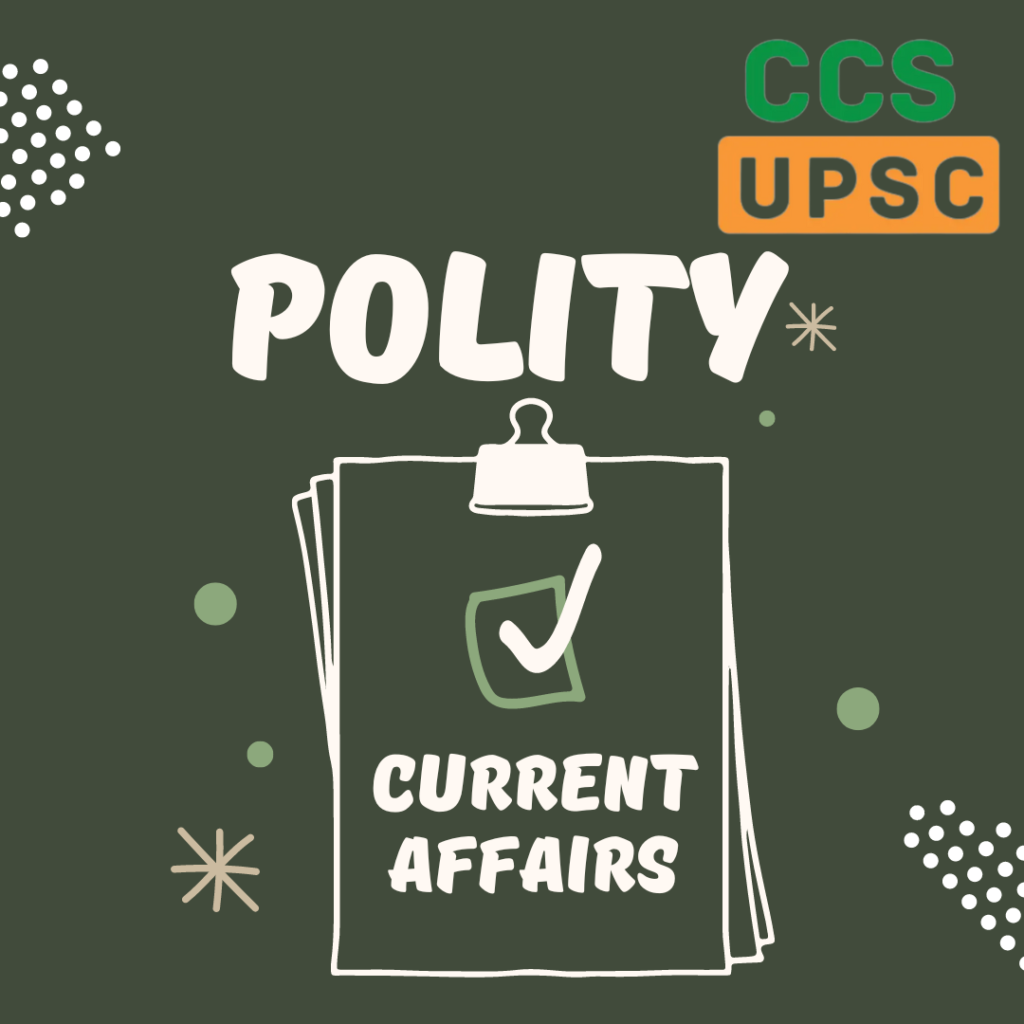Context
∙ The National Medical Commission (NMC) has recently introduced the ‘Post-Graduate Medical Education Regulations, 2023’
About Post-Graduate Medical Education Regulations, 2023
∙ It outlines a comprehensive framework for post-graduate medical education. The regulations cover the admission, counselling, and course work for post graduate medical education in India.
∙ These reforms aimed at fostering quality, ethical practice, and inclusivity within the medical fraternity, encompass various critical aspects of post-graduate medical training and aim to enhance the standards of education and practice nationwide.
∙ Medical colleges/institutions can apply for permission to start postgraduate courses one year after initiating an undergraduate programme. They must, however, satisfy all requirements for running the existing undergraduate course.
∙ Previously, applying for a postgraduate programme was only allowed after admitting the third batch of MBBS students.
∙ Non-teaching government hospitals that fulfil the minimum requirements, including beds, qualified faculty, patient volume and adequate infrastructure, will be allowed to begin postgraduate medical courses.
∙ Medical colleges/institutions must now self-declare their resources and infrastructure annually.
∙ Components:
∙ Theoretical knowledge;
∙ Practical and clinical skills;
∙ Writing thesis;
ο Soft skill attributes including communication skills;
ο Training in research methodology, medical ethics and medico legal aspects.
∙ The regulation prohibits the migration of students from one medical institution to another.
Key Concerns
∙ Working hours, mental health and burnout issues among resident doctors, as well as the irregularity of stipends — have not been addressed in the new PG medical education regulations.
∙ Doctors with Disabilities: The recommendations given by doctors with disabilities have been ignored.
∙ It offers inclusivity by providing 5% reservation to doctors with disabilities in PG admission, which was already in existence.
∙ It asserts that individuals with mental illness and autism cannot be granted admission due to a purported lack of methods to establish diagnosis, a claim contradicted by existing rules.
∙ Violation of Supreme Court Order: New terms like ‘moderate’ dyslexia have been introduced, which are not in accordance with the Act and violation of Supreme Court Order.
∙ The Supreme Court declared that a candidate with cerebral palsy (a group of disorders that affect a person’s ability to move and maintain balance and posture) eligible for reservation under the Persons with Disabilities (PwD) Act, 2016 for admission in the MBBS Course.∙ The guidelines are silent on the integration of Artificial Intelligence in the curriculum







